After all the dead are counted — which will take long weeks — we will have to face one of the greatest crises of homelessness in our times, with more than 10 million people affected.
Arie Amaya-Akkermans
“Antakya bitti, Antakya bitti,” or “Antakya is finished,” has become one of the most common laments on television following the devastating earthquake that hit southeastern Turkey at 4:17 am on the 6th of February. This massive earthquake, in fact a geological event that has even created a canyon in the vicinity of Altınözü, in the southernmost province of Hatay, destroyed almost a dozen cities in an astonishingly large region covering over 100,000 square kilometers, including the north-western part of Syria. That desperate cry, heard in an early news report during which a woman is weeping on a mound of rubble and lamenting that Antakya is no more, has sounded over and over since then. And it is no metaphor; Antakya really is no more. Entire blocks of apartments have been flattened across kilometers, and the occupants of many of these buildings have died.
It is in fact the worst natural disaster in the history of the modern Turkish state. The numbers are almost uncountable. As of this writing, the death toll for both Turkey and Syria is over 44,000, with the wounded more than double that figure, and severely damaged buildings also in the tens of thousands. In spite of the hopeful stories about survivors found alive under the collapsed buildings, the window of opportunity for finding more such people has almost certainly closed, and the metallic smell of death is indistinguishable from the oxidation of iron and the accumulation of mold. The government’s response has been remarkably wanting and slow, which is surprising for a country with the second largest army in NATO and, supposedly, a readiness to face disaster after collecting a special earthquake tax for over 20 years, ever since the infamous 1999 Izmit earthquake. Once aid began to be delivered — long after affected citizens had already mobilized and taken action with their own hands, it became clear that not all provinces were created equal.
A number of highly questionable political decisions made it difficult and sometimes impossible for local and international actors to reach people in severe distress. This calculation, part of a sinister public relations ploy (by whom, it would not be prudent to say), has undoubtedly worsened an already catastrophic situation. But what actually disappeared with the destruction of Antakya could be easily misunderstood if one went by the Turkish media, which took a couple of days to even discover the topic, and then decided to tell the story of a provincial backwater, abandoned by God and destroyed by the forces of nature. In a country that has always struggled living with others — it counts among its achievements the expulsion or extermination of almost every minority community at one point or another — this region was the very last pocket of different communities living together, often having escaped religious persecution elsewhere.
When I interviewed historian Emre Can Dağlioğlu for an article about the status of cultural heritage sites in Turkey after the disaster, I was struck by what he said about expecting the government to restore many of the destroyed churches in order to portray themselves as champions of diversity. “A lot of people in Antakya have been displaced by the earthquake,” he said. “We have to find a way to allow them to settle here again. These communities are irreplaceable. There’s no reason to restore a church without its people.”
His words are an indictment of a tradition of the Turkish state: restoring buildings of extinct communities and depicting this as a successful heritage policy. In Antakya, the synagogue was destroyed, possibly putting an end to Jewish life after 2,500 years, and so was the mosque, the Orthodox church, and the Protestant church.
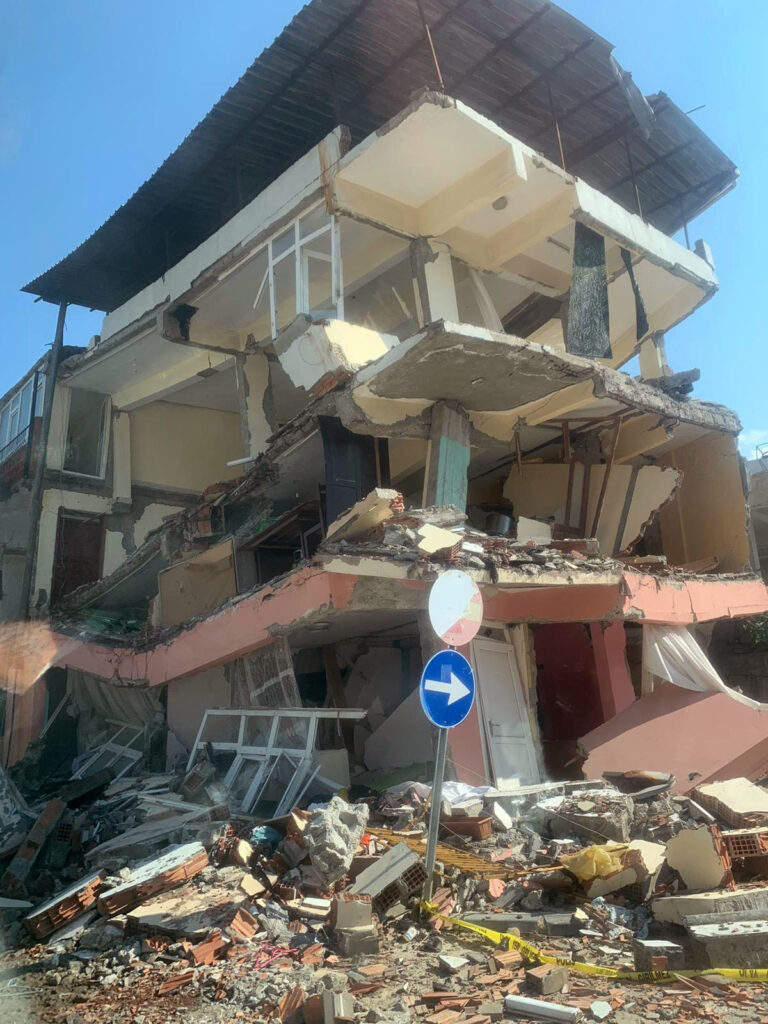
South of Antakya, between the city and the surrounding highland, the list goes on forever: Mar Yuhanna in Arsuz, Meryem Ana in Altınözü and Samandağ, Aziz Nikola in Iskenderun, as well as the Latin Catholic and the Assyrian churches. These sites were not abandoned heritage sites, but actually the living heart of communities, to the extent that churches that remained undamaged have become relief centers, kitchens, and shelters, such at St. Ilyas in Samandağ or Mar Circos in Iskenderun. The team of Nehna, an online platform devoted to the histories of minorities in the region, overnight turned into an activism and self-organizing front, connecting communities with resources. Speaking on the phone from Istanbul with Anna Maria Beylunioğlu, a co-founder of Nehna, she tells me about the idea to turn the platform into an association, because there’s so much work ahead in order to rebuild the lives of communities in Hatay, hoping that people will want to come back one day.
The horrors are indescribable. After escaping from their own home in Samandağ, Barış Yapar and his family arrived at the building of his grandparents, only to find it turned into a pile of rubble. They screamed their loved ones’ names at the top of their lungs and heard a response. But more than two days passed until, having paid for the required rescue machinery, and with the help of rescue workers, they were able to retrieve their by-then lifeless bodies. In the trunk of a car, they transported them to a morgue, where the next day, the bodies couldn’t be found. Yapar had to open the body bags lying around, finding deceased neighbors and friends along the way. As this was happening, the entire province was without electricity — it still is, and people were surviving on meager bits of food they could salvage from their destroyed homes.
After all the dead are counted — which will take long weeks — we will have to face one of the greatest crises of homelessness in our times, with more than 10 million people affected.
But this isn’t just a natural disaster. Long years of systemic corruption in the construction sector and a controversial amnesty in 2018 for structures that didn’t meet the regulations created a factory of death. For example, the owners of a building in Antakya removed the columns in the basement in 2016 to make space for a kindergarten. Prosecutors rejected a criminal complaint over the removal; last week, 104 people died when the building collapsed. It’s not an isolated case. In response to the earthquake, the authorities issued arrest warrants for a large number of developers and builders, but unsurprisingly, the state officials who issued permits remain untouched. When I arrived in Samandağ, I found friends and their families living in tents in the town’s main square or sleeping in their cars. There was even a group of middle-aged women sleeping on chairs, covered with blankets but nonetheless exposed to the elements. Some of these people will eventually get tired of waiting, but others will remain there, potentially for years.
But why would they choose to remain? It’s not only that they fear their damaged houses will be looted if they leave the area, but also that they know the authorities very well. The inadequacy of the aid is seen by many as an intentional punishment for the local minorities, a means to push them into refuge and exile, so that the region can be completely redesigned and repopulated with a more homogeneous, less potentially volatile demographic. And this isn’t a conspiracy, but simply the experience of modern Turkey. The Armenian church of Batıayaz, a village in Hatay lying between Antakya and Samandağ, attests to this. Construction started in the 1910s, but it was never finished because the Armenians of the area, who had wound up there after fleeing the genocide, fled once more to Lebanon when Hatay was annexed to the Turkish republic. Demolition orders are being sent in large numbers to homes, ostensibly because they are now structurally unsound, much faster than aid is arriving for the people still waiting in tents.
And yet the more I think about Antakya being finished, the more I realize it was never either finished or unfinished — it’s always been somewhere in the middle. One of the greatest Hellenistic cities, founded around 300 BCE, Antioch, as it was then known, was rocked by two earlier devastating earthquakes, and changed hands between Muslims and Christians, Europeans and Turks, Mongols and Crusaders, several times, reinventing itself completely on each occasion. What is most interesting about it is that its great fame is not necessarily matched by archeological discoveries, meaning that its identity is deeply buried within itself. If you visited Antakya without knowing about its ancient past, you wouldn’t be able to tell that it has a glorious history. Whatever the old city of Antakya was before the earthquake, it was more than anything a shabby version of a theme park, where the conquerors used the expropriated homes of the absent as entertainment venues — adding some color to a grim ocean of concrete. It makes me wonder whether in the face of this destruction, another Antioch can still rise.
I’m not optimistic about its future because the current overall ruler is one of the cruelest the city has known in its long history. But I also think about its many lives, or how one of its most famous ancient monuments, the Charonion, is inexactly dated. No one can tell whether it’s a Neolithic or neo-Hittite or Roman pagan structure. Perhaps it’s a Cybele temple, perhaps it was built by one culture and repurposed by another. I think, also, about the waterfalls of Harbiye, where the Greeks erected a temple to Apollo or Zeus, which was later replaced by a church, which was destroyed by Julian the Apostate. The surrounding area is still used today by Arab Alawites for religious rituals, even though the exact location of the temple is unknown. Perhaps Antioch is more than a place, perhaps it is a possibility of identity, a kind of sophistication that comes only to those who have lived many lives in time. I only hope that Antioch survives the reconstruction, which is often more damaging to heritage than destruction. Antioch is definitely not finished; let’s say it’s just paused.
From Mersin, where I began my long journey to Samandağ via the seaside road — avoiding roadblocks created by looters on the Antakya highway — I traveled to Tarsus, another historical city of Biblical times, with the activist Yasmina Lokmanoğlu, overseer of Acil Gida Kolektifi, an informal assemblage of individuals and donors who had set up kitchens in many of the affected cities, and we visited the warehouses from where food was being dispatched, among enormous logistic challenges. Our conversation turned to Tarsus, the last Armenian craftsman in the city, a former American missionary school, the divisions of an Alawite neighborhood, and the apocryphal site of Saint Paul’s church. It’s not hard to see why the structures of power would want all of this destroyed, or at least infinitely diminished; this complexity gets in the way of the fabrication of facts necessary for a dictatorship. As I leave the city, refugees from all over the region start arriving in Mersin and Adana, their hosts as confused as they themselves are. I’m afraid that this is just the beginning.
Donate to Akut, Turkey’s top volunteer search and rescue organization, to help quake survivors, or to the UK-based Turkey Mozaik Foundation or US based Turkish Philanthropy Funds (100% of donations go to recovery efforts in both cases).



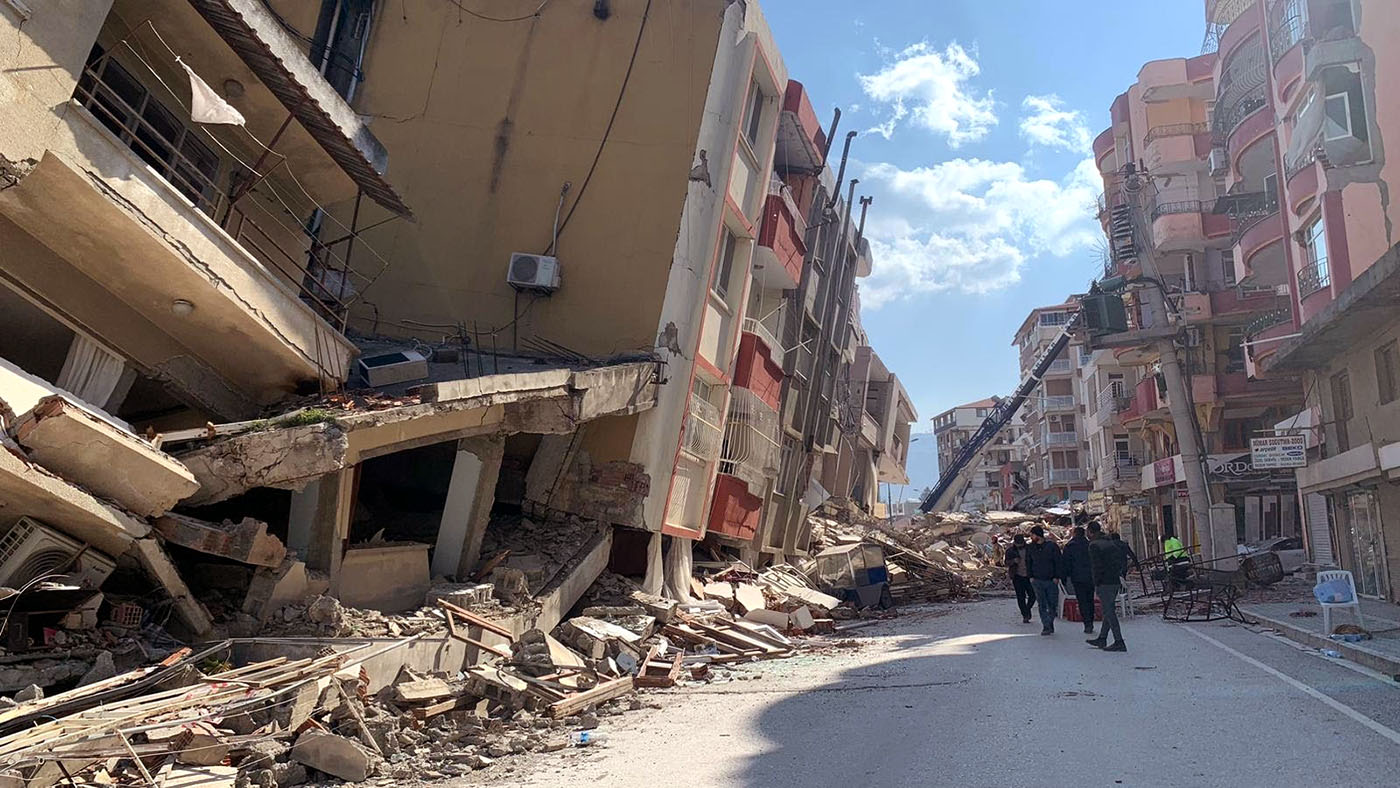
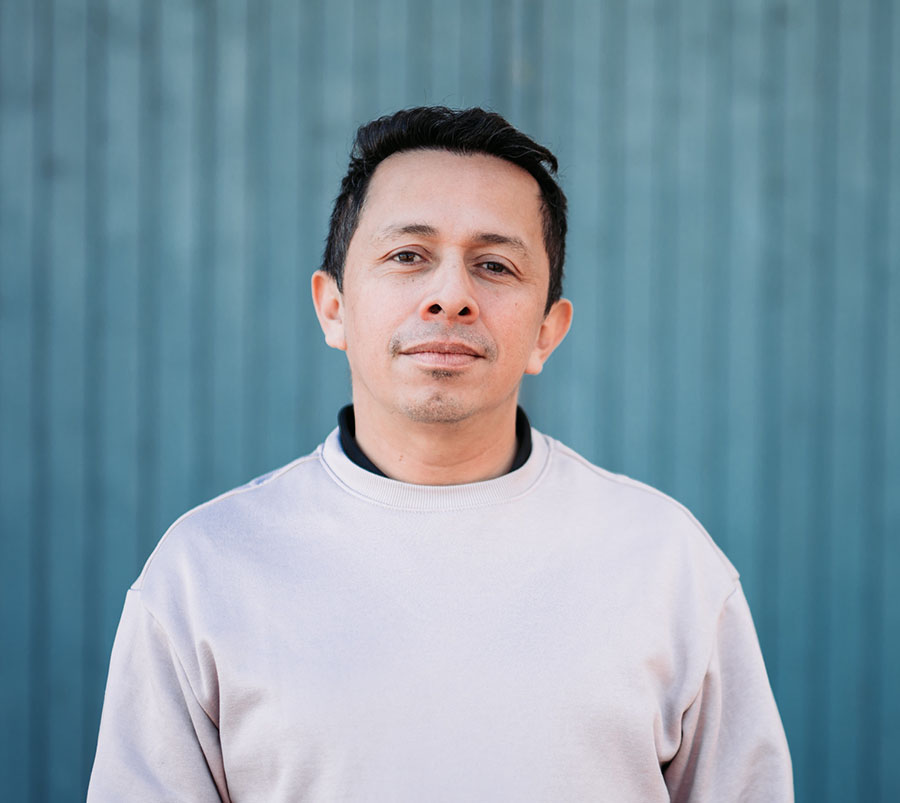

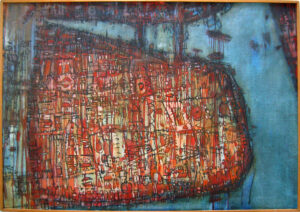












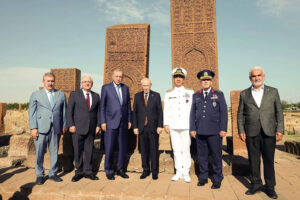



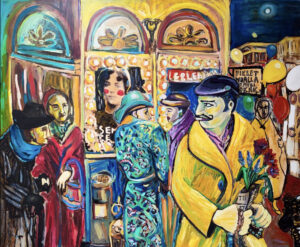



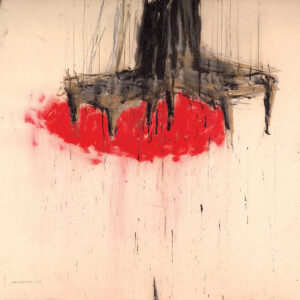


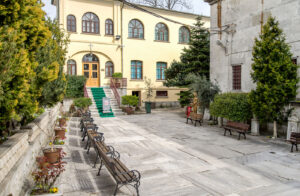




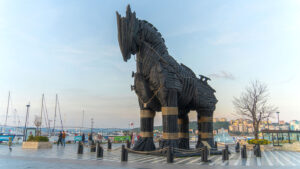




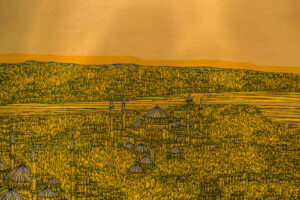








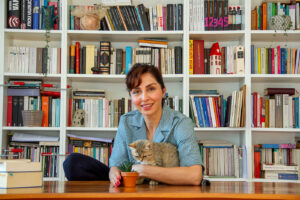
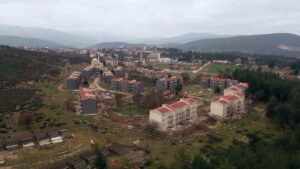
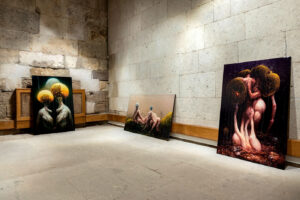

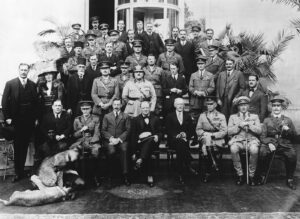





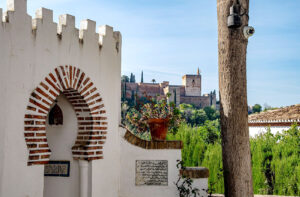


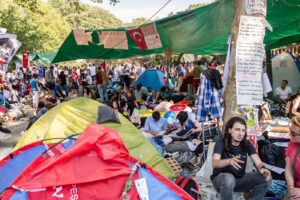

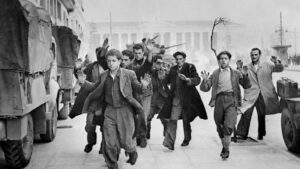






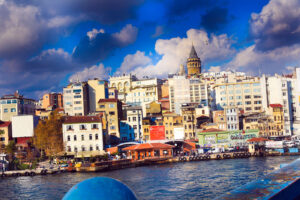
















































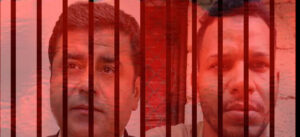







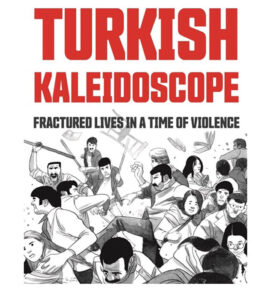











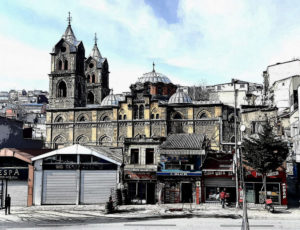








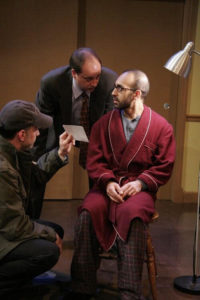

One of the few pieces (along with an NYT article) to shed light on what’s happening on the ground in Antakya, and the region’s historical significance.
The nightmare of surviving is truly not a great accomplishment- I am so sorry.
Very good letter from Antakya. Turkey may be a NATO country, but the author showed us that in terms of how business is done and the priorities of local authorities and the Erdogan regime (carefully not mentioning his name), it is part of an embattled Middle East. It has the second largest standing army of any NATO country, but could not rapidly mobilize the military and all its equipment to provide food and shelter to earthquake victims. One thing he did not mention is all the foreign aid groups that went there to do what the Turkish government was not doing, but that is a whole other subject. Good article, very nasty business.
Our thoughts and prayers for these poor people who have lost everything. Only God can change their lives for the better. If they get together and pray, help will
arrive then.
I cry for Hatay! I was in Samandag and Dafne, What happened is terrible!
Very informative article.
Thank you.
So much to say, but silence is gold for ears that are deaf. Disaster is not one faced; there is so much to do and so little that is done to silence the pain.
I not only feel for this area but all the historical and religious buildings damaged and lost in the earthquake. This area pre-dates the birth of Jesus and is lost to the world. Why change it and wipe out all that precious history of which Turkey should be so proud? May God bless all those suffering in Hatay.
I pray for the people in Turkey, my condolences to family lost. Turkey is a beautiful country, I have pain in my heart when I see the footage on TV, such horror you have to live through. I hope everything will pass and God give, fortaleza and peace, amen.
I pray for those who came out from this disaster 🙏
The magnitude of damage is scary. Main issue is that politicians are not putting their political biases aside to help earthquake relief. Also, pro-govt oligarchs winning contracts for building shoddy structures. What a world we live in!
An enlightening article. Subtle but simultaneously cutting to the chase with very pertinent comments on where real responsibility lies. Thank you and wishing peace and healing in the slow process for all those affected.
Thanks for this excellent article. Just a scholastic note, i doubt that Julius Caesar destroyed churches. [Editor’s Note: This has been corrected to read “Julian the Apostate.”]
اتمنى الشفاء العاجل للجميع ..
ولكن المقاله سياسيه مبطنه
atioquia de turquia s reclamaa por siria